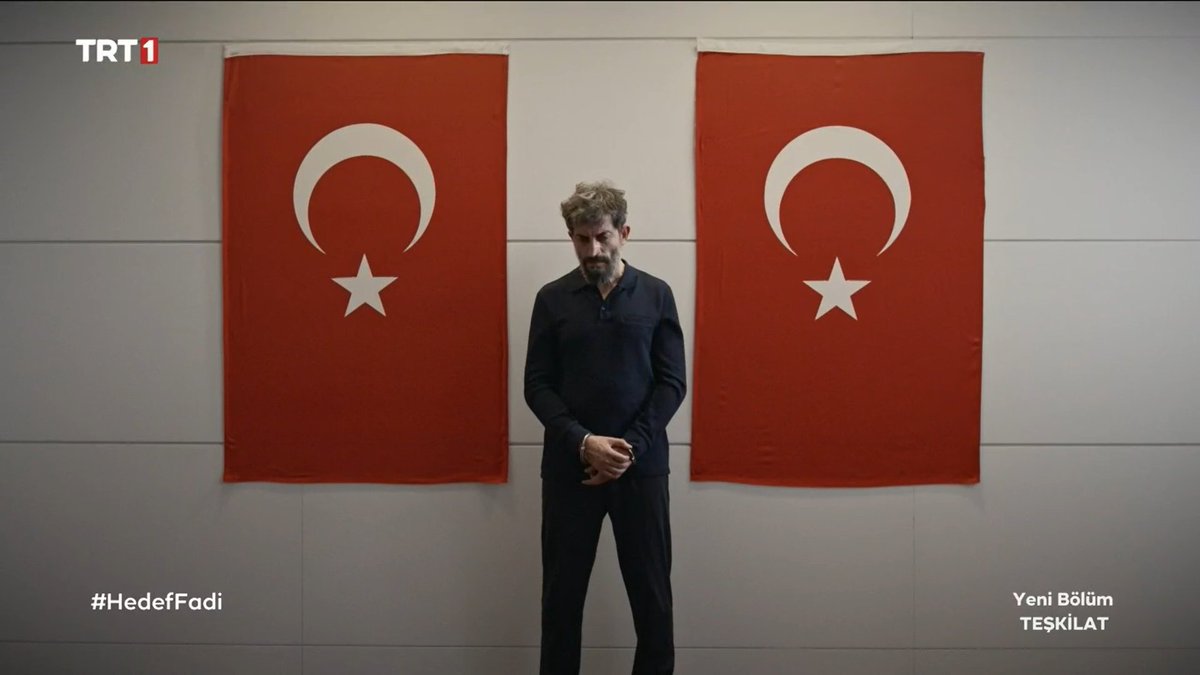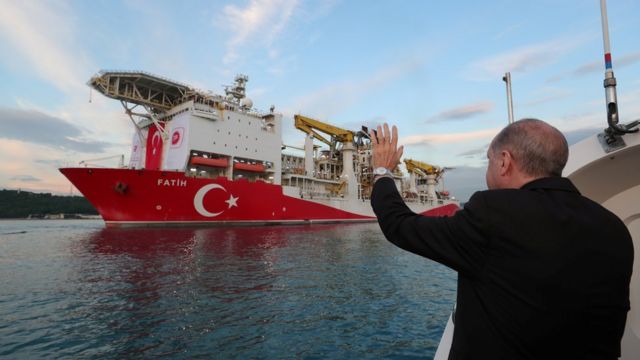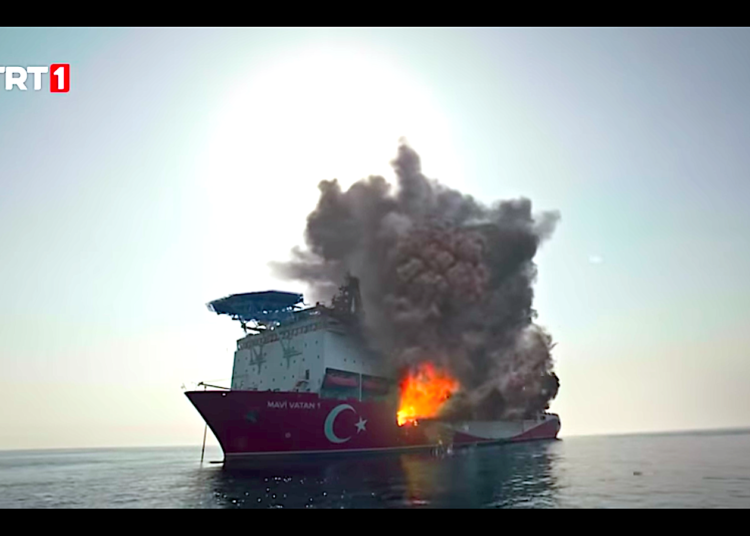Levent Kenez/Stockholm
The storyline of “Teşkilat” (The Organization), one of the most-watched television series in Turkey airing on the state-run TRT1, has been changed in the second season in line with Turkey’s changing foreign policy. People from the United Arab Emirates (UAE) no longer play the bad guys in the popular series, which is officially produced by Turkey’s National Intelligence Organization MİT. “External or foreign powers,” jealous of Turkey’s drone technology in the first season, are now pursuing conspiracies against Turkey’s oil and natural gas drilling in the eastern Mediterranean.
Turkey and the UAE were on different sides of almost at every political issue in the region, working against each other for a long time. While Dubai-owned television stations were broadcasting news stories against Turkey, Turkey, along with Qatar, was targeting the regimes of the UAE, Saudi Arabia and Egypt in particular and supporting the Muslim Brotherhood, their arch-enemy. For the first time in Turkish history, in a television series scripted by MİT, Arabs were presented as hostile foreign powers, and moreover, some well-known UAE figures were included in the series.
Turkish actor Mehmet Usta, the bad guy in the first season, portrayed the former leader of Fatah and advisor to the Emirates’ ruling family Mohammad Yusuf Dahlan. His name in the series, Zayed Fadi, was a combination of Dahlan’s nickname, Abu Fadi, and the name of UAE Foreign Minister Abdullah bin Zayed, the person most criticized by the pro-government Turkish media.

The improvement in relations between Turkey and the UAE was first reflected in the media. Ankara had warned TV channels affiliated with the Muslim Brotherhood based in Turkey and prevented them from targeting the regimes of the Gulf countries and Egypt in their broadcasts. Bad guy Zayed Fadi in “Teşkilat” was killed at the end of the first season. The UAE imposed a video ban on mafia leader and Turkish President Recep Tayyip Erdoğan’s one-time ally Sedat Peker, who currently lives in the Emirates and who had posted YouTube videos revealing the Erdoğan government’s alleged crimes of recent years. Peker was also prohibited from tweeting last week.
The second season, which started on Sunday, focuses on Turkey’s controversial gas and oil exploration activities in the eastern Mediterranean. “Foreign powers” targeting Turkey’s domestically produced drones in the first season are now trying to prevent Turkey’s drilling activities in the Mediterranean. Of course, while doing this, they cooperate with “traitors,” or dissidents, in Turkey.
In the last episode, an agent for a “foreign power” speaking Turkish with an American accent sabotaged one of the drill ships that had caused a crisis between the European Union and Turkey this year. The ship, which was blown up, was interestingly named after Mavi Vatan, a naval doctrine identified with Turkey’s policy in the Mediterranean. The ship used in the series was actually Turkey’s first drill ship, the Fatih.

It was repeatedly emphasized in “Teşkilat,” where the lines are reminiscent of a lecturer, that after Iraq, Libya, and other North African countries that had experienced domestic chaos, it was now Turkey’s turn to experience some turbulence. It was claimed that “foreign powers” would try to divide Turkey on the pretext of bringing democracy and freedom. According to the scriptwriters, or more correctly, MİT officials, terrorist organizations operating against Turkey would be supported through think tanks in Turkey. Thus, it is easy to understand that MİT wants the audience to think that opponents of the Erdoğan government who demand more democracy and more freedom in the country are tools of these “foreign powers.”

“Teşkilat,” which aims to show the Turkish state as strong and powerful, is very popular among the Turkish public. It is based on a story that a group of MİT agents faked their own deaths in an airplane crash to enable them to freely carry out covert operations against the bad guys, who are ready to do everything in their power to prevent Turkey’s resurgence. It increases the pride of the viewers to see that Turkish agents are talented like the CIA agents in the Hollywood productions they watched for years. Given the fact that Turks take non-fiction TV series very seriously, it’s not a bad idea to spread government propaganda through them. However, it will be very disappointing for some to realize that there is a huge gap between real life and the story in “Teşkilat.”












